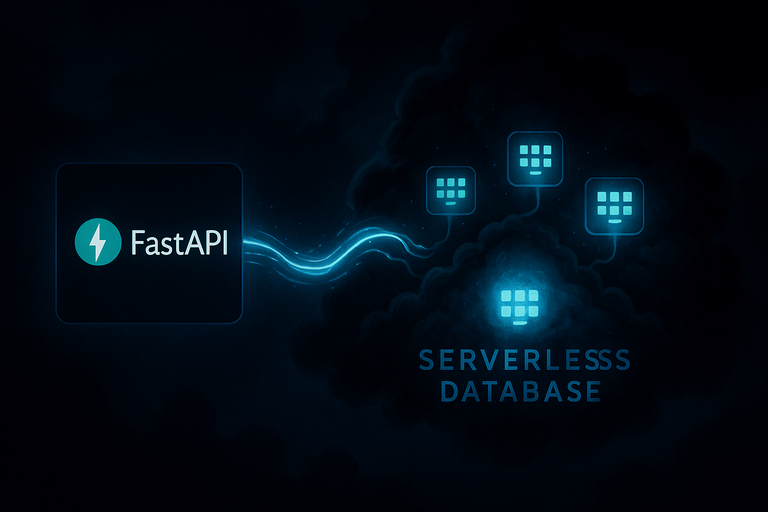5 articles tagged with: #Database
Running Database Migrations with Alembic in Google Cloud Build
June 30, 2025

How to Organize and Load FastAPI Settings from a .env File Using Pydantic v2
Learn how to centralize your FastAPI configuration using Pydantic Settings and a .env file. This post covers setup, usage, and best practices for managing environment variables and secrets in a maintainable way.
Read More...
SQLAlchemy Pooling for Serverless FastAPI: QueuePool vs. NullPool
June 10, 2025

A Guide to Resilient Database Connections with Neon and SQLAlchemy
Compare SQLAlchemy's QueuePool and NullPool for connecting FastAPI to serverless databases like Neon. Learn why NullPool with an external pooler is the recommended and more scalable strategy for production.
Read More...
Full-Text Search: Using the Trigram Tokenizer Algorithm to Match Peoples Names
April 24, 2025

Leveraging Full Text Search and Trigram Tokenization for Efficient Name Matching
This article explains how to use SQLite's FTS5 module with the trigram tokenizer to perform efficient full-text searches, particularly for matching similar names in a large database. It covers setting up the virtual table, normalizing names, bulk inserting data, and executing searches that handle close but not exact matches
Read More...
Contact Me
Contact Me
Have a project in mind? Send me an email at hello@davidmuraya.com and let's bring your ideas to life. I am always available for exciting discussions.

